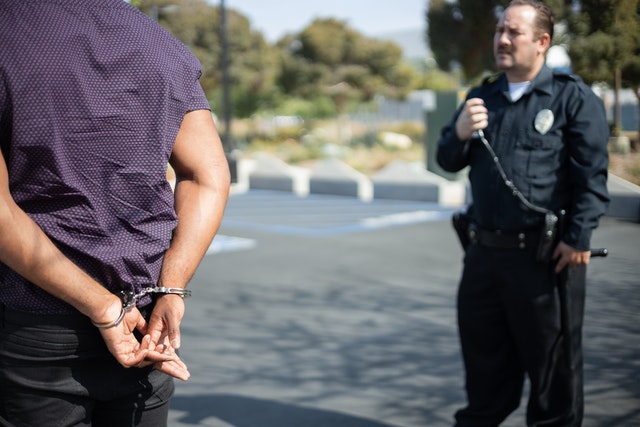As a result of being charged with drunk driving (PCA or DUI), many individuals believe that they have no choice but to accept the heavy charges that come with the accusation and plead guilty.

This is not true. Many drink driving lawyers have successfully defended their clients against drink-driving charges on a number of occasions. So, what are your options for defending against a drink-driving charge? There are a number of reasons why people choose to defend against drink-driving charges. Have a look:
An Honest Mistake That Can Be Forgiven
If you had a reasonable assumption that you were under the legal limit while you were driving, you have a defense to a drink-driving accusation. Once this defense is introduced, prosecutors must establish that the error was either not honest or reasonable. This may seem to be straightforward, but in fact, it may be more difficult for a court to recognize that the error was reasonable. It is, however, a viable defense that skilled attorneys can help you evaluate based on the specifics of your case.
Reducing the Amount of Alcohol in the Body
It is impossible to determine a person’s consumed alcohol level using the breathalyzers that police officers use on the side of the road. To be convicted of a drink-driving charge, the individual must be in a PCA category at the time of driving. This indicates that it is the blood-alcohol level at the moment of driving that counts. If someone has quit drinking, their blood-alcohol level continues to climb and decline over time. As a result, it is very uncommon for the official reading of your blood alcohol content to vary from what it would have been if you had been driving at the time of the original arrest and submission to the official breath analysis.
The Police Flouting the “Two-Hour Rule”
When police arrest and charge a person with a drink-driving charge, they must follow a set of rules. NSW legislation governs the processes that must be followed. Drink-driving charges can be successfully defended if the police do not follow certain rules and regulations that are supposed to be followed by them.
However, with respect to a PCA breach, the most crucial condition that police must follow is to get the breath analysis certificate within two hours of the last known act of driving, which might give rise to fighting a drunk driving accusation. Consequently, a breath analysis certificate that was acquired by the police more than two hours after the last known act of driving cannot be used to verify the driver’s blood-alcohol concentration.
Moving the Car or Trying to Do So
Random Breath Testing (RBT) is the most popular method of charging drivers with drink-driving charges. The question of whether or not the individual was driving and at what time does not arise in these situations. In many cases, authorities must depend on other witnesses, confessions by the accused, or other factors in determining whether or not the accused was driving at the time in question.
Most of the time, police will charge the driver because they know that they will either plead guilty to the charge or seek legal counsel and be advised by their lawyer that they must plead guilty to the crime because “no one would believe” that they weren’t driving or trying to move the car.
An experienced lawyer may effectively defend a client against an accusation of drunk driving, even if the accused is not required to testify.
















Add Your Comment